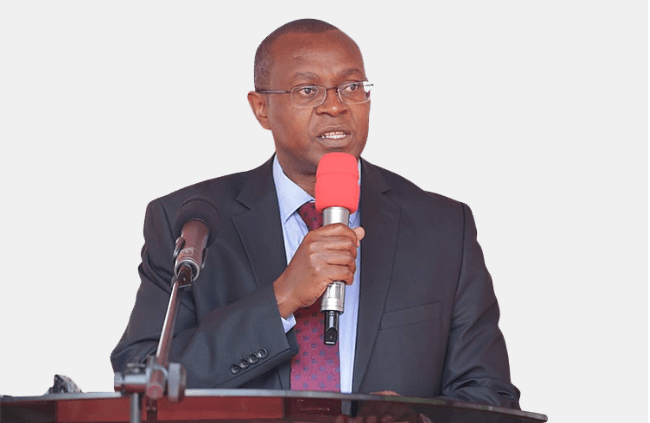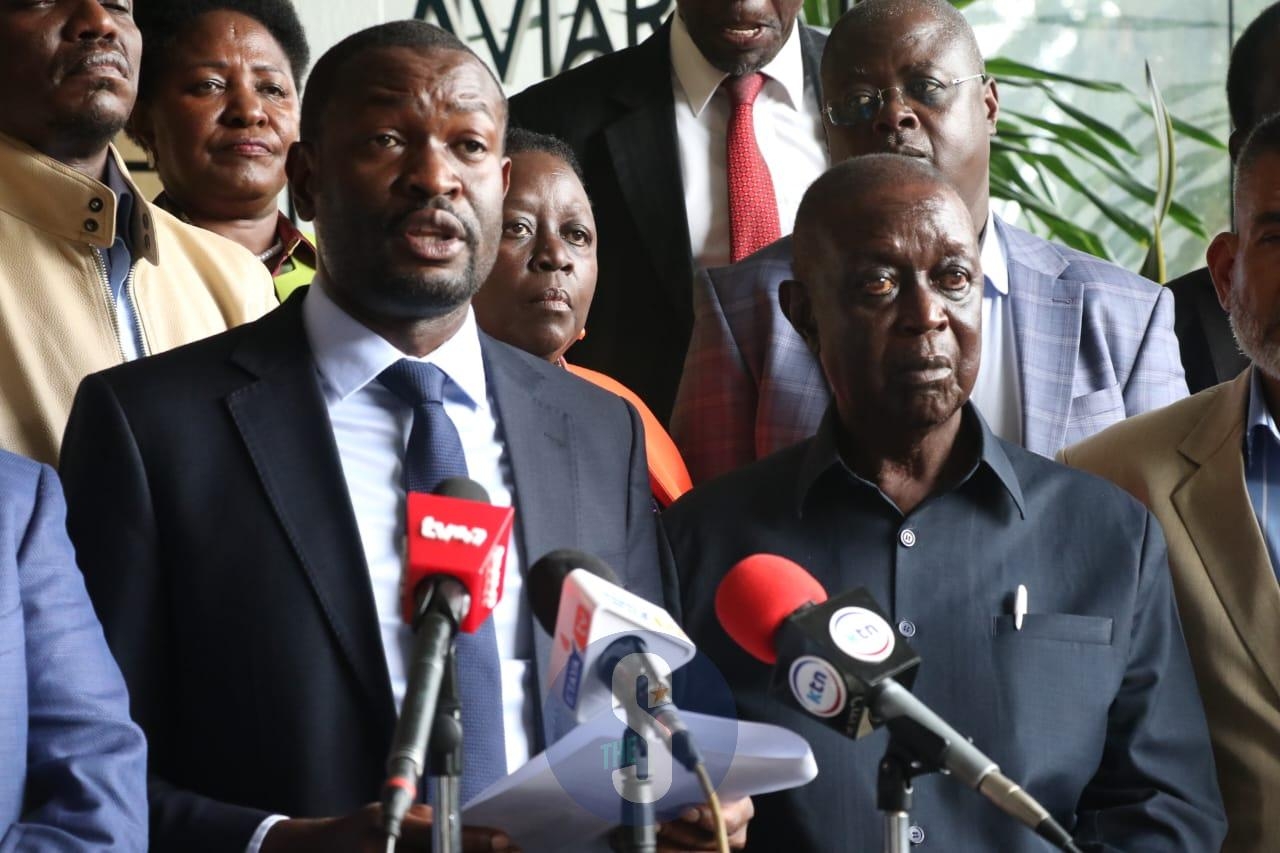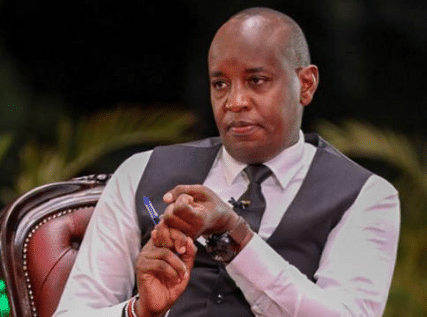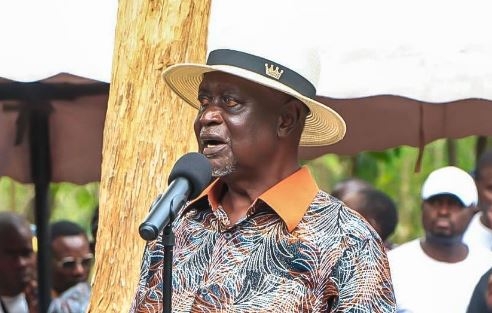The East Africa Legislative Assembly has reintroduced a sexual and reproductive health bill to contribute to the continental 2063 aspirations of a prosperous Africa based on inclusive growth and sustainable development under Goal Three of healthy and well-nourished citizens.
It was first introduced by former member, Odette Nyiramilimo (during the tenure of the 3rd Assembly) and read for the first time on January 28, 2017, and referred to the Committee on General Purpose of the 3rd Assembly.
The bill is anchored on Article 118 of the EAC Treaty, under partner states commitment to cooperate generally in health and specifically in the development of reproductive health and to harmonize national health policies and regulations to achieve quality health within the community.
The draft seeks to strengthen the mechanisms to facilitate the attainment of universal access to sexual and reproductive healthcare services, including family planning information and education, and the integration of reproductive health into national strategies and programs by 2030.
The bill which is currently in a public hearing phase among the different member states and facing the last chance of being enacted, if not be shelved until the end of two tenures (after 8 years) was withdrawn before being reintroduced on basis of the missing link to culture and religion and their interpretation of issues on matters like abortion, family planning, and surrogacy.
This necessitated the ongoing expanded engagement with regards to the interpretation of the above issues.
The voices of religious leaders are critical to the legislative process, providing perspectives on contentious issues in the bill, including harmful cultural practices, comprehensive sexuality education, reproductive health needs, and assisted reproductive technology.
The general-purpose committee is working closely with civil society organizations to create awareness, build consensus, and gain support for the bill.
It’s important for the clergy and other opinion and decision-makers in different EAC partner states, especially Kenya to weigh in positively in this golden opportunity process.
The influential leaders should provide evidence-based voices which serve the great potential of influencing the enactment of the Bill and promote the prevention of new-born, child mortality, maternal mortality, and morbidity from preventable causes.
They should also contribute to the reduction and elimination of unsafe abortions, HIV, and other sexually transmitted infections, early and unintended pregnancies and accelerate the elimination of harmful practices from the community as envisioned by Africa vision 2063.
Project Assistant, Centre for the Study of Adolescence
Edited by Kiilu Damaris












